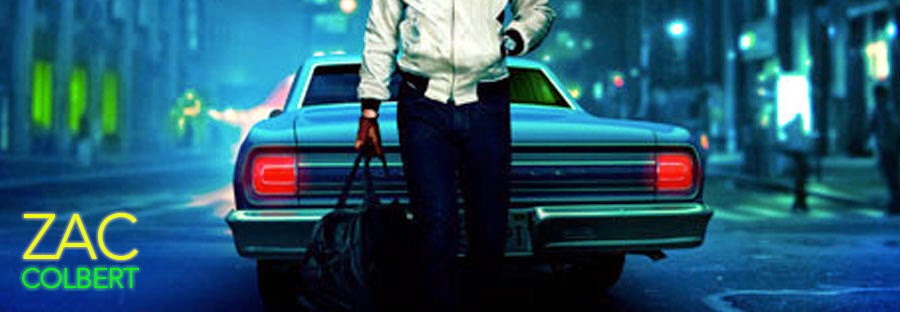The Empire podcasts are a wealth of information on film and television development, as well as being delightfully entertaining thanks to the characters in the Empire team. Their knowledge, humour and ability to put almost every actor, director, and writer at ease, always gets the best out of them.
This one here's a Three Flavours Cornetto Trilogy special with Simon Pegg and Edgar Wright. Their work is testament to how important finding a writing partner can be to your work. Something magic happens whenever these guys get together, and the two share stories about how they met, how Spaced was developed and produced, and plenty of amusing on-set anecdotes from three of the best British comedies of the last decade. Interesting to hear how, before writing Shaun of the Dead, they read Syd Field's book 'Screenplay' and then would watch their favourite movies and match the story events to Syd Field's paradigm, and were surprised how many fit into the structure.

